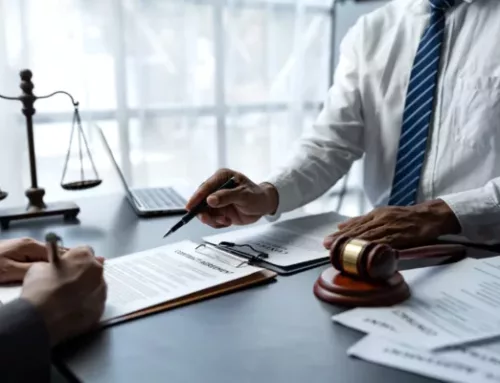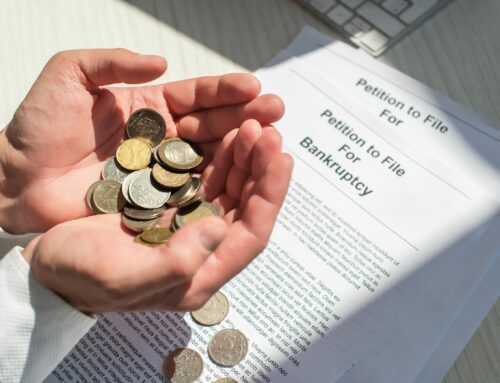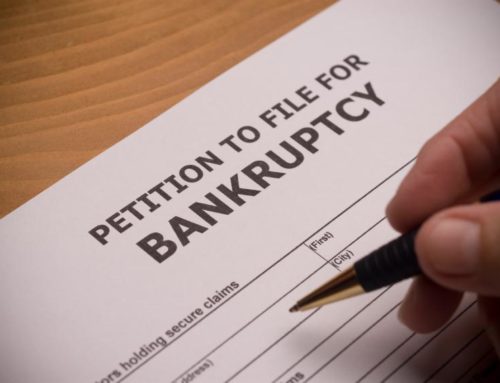For those considering personal bankruptcy as the solution to their financial problems, they must choose to file for bankruptcy under either Bankruptcy Chapter 7 or 13. Both types of bankruptcy allow filers to exempt certain assets from bankruptcy proceedings. Exempted assets are not sold to a creditor to pay off a debt. Different types of property fall under different types of exemptions. For instance, the motor vehicle exemption is for a car and the homestead exemption is for a primary residence. There are also wildcard exemptions that involve applying a certain value to any property. With this, debtors can protect part or all of the asset’s value, depending on the amount covered by the exemption and the asset’s worth.
The Usual Non-Exemptions
 There are assets that are just not likely to be exempted. These are things considered to be luxuries, such as designer items, jewelry, a fancy car, and a second home. A debtor who has them also has the option to simply sell them and avoid filing for bankruptcy. Pets normally aren’t included in exemptions, but the bankruptcy trustee probably wouldn’t be interested in them unless they’re valuable and can garner a nice sum when sold.
There are assets that are just not likely to be exempted. These are things considered to be luxuries, such as designer items, jewelry, a fancy car, and a second home. A debtor who has them also has the option to simply sell them and avoid filing for bankruptcy. Pets normally aren’t included in exemptions, but the bankruptcy trustee probably wouldn’t be interested in them unless they’re valuable and can garner a nice sum when sold.
Bankruptcy Chapter Exemptions
Chapter 7
This is liquidation bankruptcy. Debtors who file their bankruptcy petition under Chapter 7 have their assets taken by the trustee to sell-off. The proceeds will be used to pay their debts. Exemptions naturally aren’t included in the liquidation activities. When the value of the exemption is worth more than the value of the asset, the filer can simply keep it. However, when the exemption is valued lower than the asset’s worth, the trustee may sell it and just give you the difference after giving payment to your creditors.
Chapter 13
This bankruptcy process is all about reorganization. Filers reorganize their finances and propose a repayment plan that’s acceptable to the bankruptcy court. Their assets are spared from liquidation, but they have to absolutely pay back non-priority unsecured debts in proportion to their non-exempt assets. Their monthly payments effectively become smaller because of the exemptions.
State v. Federal Exemptions
While West Virginia has its own set of exemptions, there are federal bankruptcy exemptions as well. Other states let their debtors choose between state exemptions and federal exemptions, but West Virginia only allows bankruptcy filers to use state exemptions. In states where choosing is an option, bankruptcy law limits their choice to just one set of exemptions. They cannot mix up parts of a state’s set with those of the federal set. Those who choose state exemptions, however, are allowed to include federal non-bankruptcy exemptions. This option is not available to those who choose federal bankruptcy exemptions. To clarify what exemptions may or may not be included in a bankruptcy case, debtors best consult a lawyer.
Find out Your Bankruptcy Options! Contact a West Virginia Bankruptcy Attorney Now!
If you’re among those who want to file bankruptcy but prefer to find out which choices would deliver the best bankruptcy experience and outcome for you, consult a bankruptcy lawyer before you take any step. Bankruptcies are best undergone with the legal aid of a lawyer specializing in bankruptcy laws. For legal advice on bankruptcy matters, call us at Thomas E. McIntire and Associates, L.C. and speak with one of our experienced West Virginia bankruptcy attorneys.





